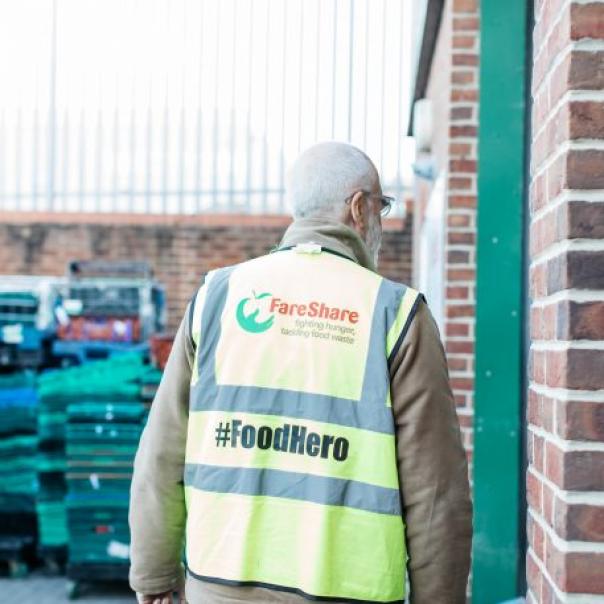
Between April 2020 and March 2021 FareShare re-distributed more than 55,000 tonnes of food to people at risk of hunger, which is the equivalent of nearly 132 million meals (or four meals every second).
Of the 10,542 charities and community groups FareShare supports through its network, nine in ten say they have experienced unprecedented demand for food throughout the pandemic.
James Persad, head of marketing at FareShare, said: “What many people don’t realise is that food waste is a huge contributor to global warming. It accounts for at least 8% of total global greenhouse gas emissions. That’s around three times pre-Covid levels of emissions from the aviation industry.
“About a third of all the food we produce in the world is wasted each year. In the UK alone more than 2 million tonnes of food is good-to-eat, when it is thrown away, and with people still going hungry that’s scandalous.
“If the UK is serious about cutting its carbon emissions, reducing food waste must be a big part of that, and FareShare’s Surplus with Purpose scheme can help industry and government lead the way.”
FareShare’s annual statistics show it supplied an average of 2,538,276 meals every week to people struggling to get enough to eat in 2020/21, double the amount it redistributed in 2019/20 (1,097,147 meals).
Lindsay Boswell, FareShare’s chief executive, added: “These figures show the scale of just how many people have been struggling to get enough to eat, during the last year.
“Our warehouses, staff, volunteers and our network of charities have been working flat out, to support the millions of people and families who are going hungry. But just because the lockdown is easing, doesn’t mean people won’t still be struggling. Our charities tell us need is still high, and our work continues.”